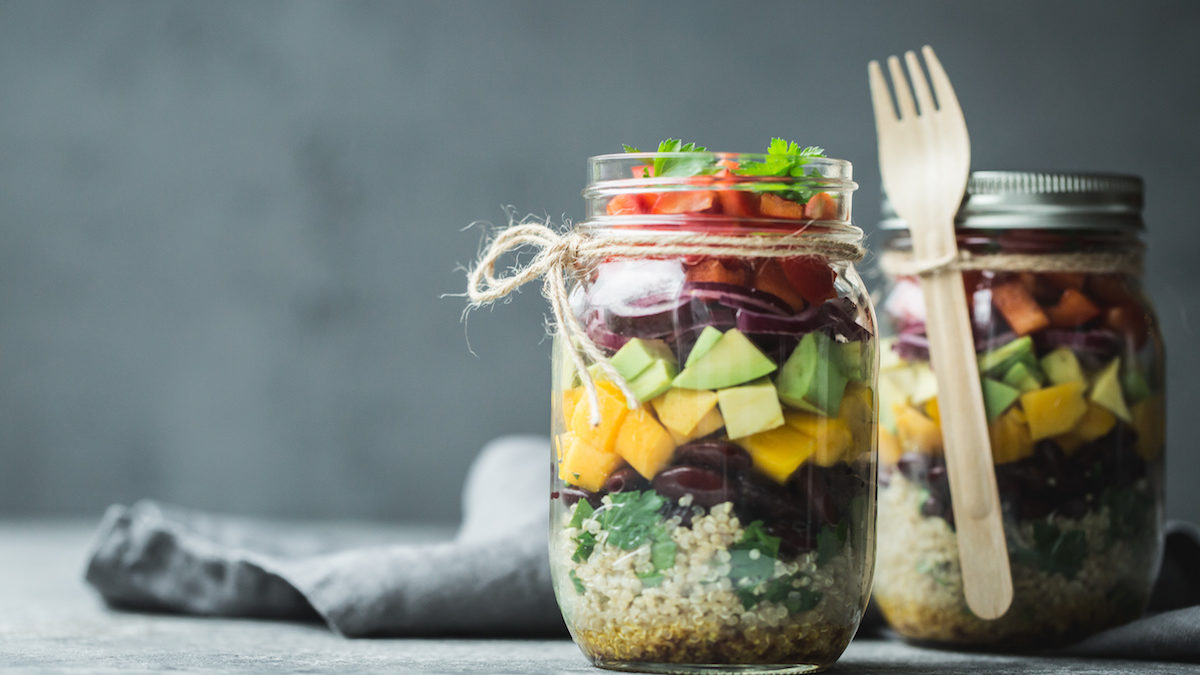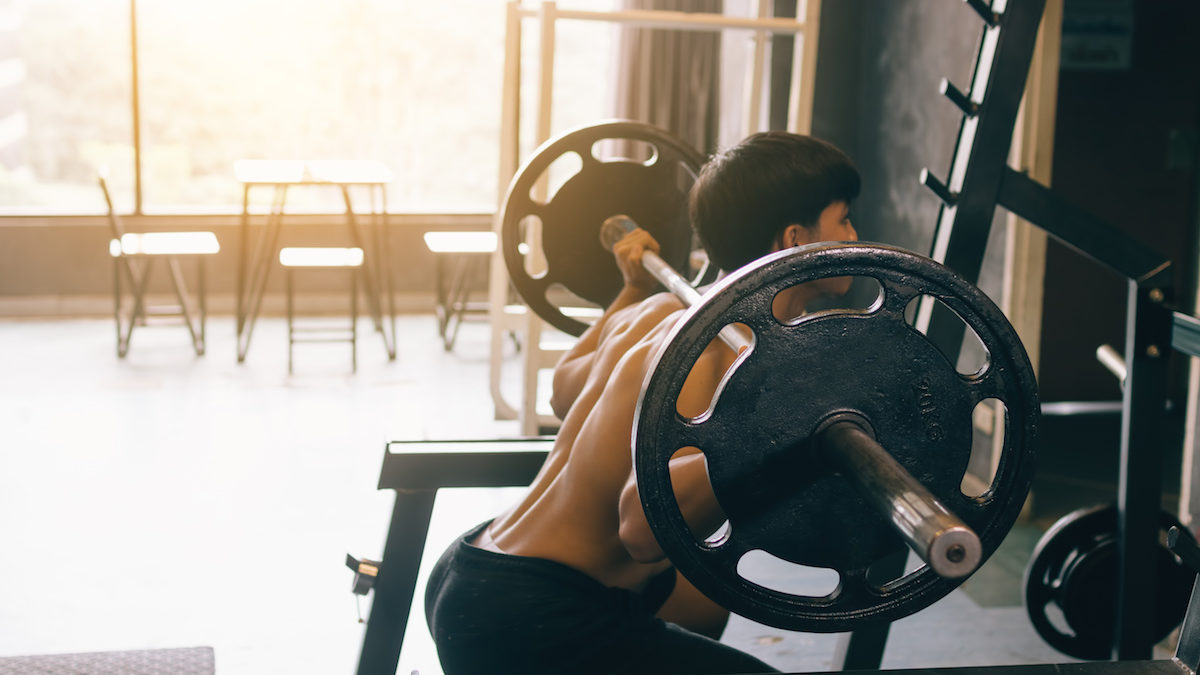Nutrition and Exercise for Weight Gain: What’s Stopping You From Bulking Up?

While questions around losing weight might dominate column inches in fitness mags, the flip side can be as much of a concern for those looking to progress in the gym. How then do you gain weight, or more specifically and despite all the meticulous over-eating and time chucking around hefty weights, are you still not bulking up the way you wish?
Having been quite skinny in my youth, as with many people, that situation quickly changed when I reached my 40s. But assuming the answer you’re looking for isn’t to quit complaining, or just to give it a decade, I’ll have a go at breaking this down.
For you to not be putting on weight despite time in the gym and the perception that you’re eating more, the answer doesn’t simply come down to the fact you’re not eating enough, but how and why you’re not eating enough. One of the main reasons I was skinny is because I was super active, and my eating was erratic. When I ate, I ate lots, but I skipped meals too, eating opportunistically rather than properly planning my nutrition.
So the first thing you’ll need to do is to think carefully about what your current diet lifestyle is like. If, for instance, you’ve slightly increased food intake but have a very active job and are also hammering it at the gym, then a few extra shakes and some chicken, rice, and broccoli for lunch might not be enough for the work you’re doing, let alone enough for bulking beyond where you’re at now.

Bulking Up And Building Muscle
Next is analysing exactly how you’re trying to build muscle. The two things that drive muscle growth are resistance exercise or strains through a given muscle, and the fuel you’re providing that muscle. Resistance exercise is a stimulus of muscle protein synthesis. On its own, it won’t synthesize or build muscle. This means not just delivering protein to that muscle, but adequate energy too, with carbohydrates.
If you’re on a subsistent level of energy intake and you’re adding lots of resistance, that’s not going to be conducive to bulking up by building muscle. What you need to do is start looking at the timing of the meals you’re having around exercise. You have a framework – a normal diet allowing energy to go about your daily business – then you target the nutrition around training being done to optimise growth. One way to do that is with protein shakes after workouts, but also through meals before and after exercise.
Let’s say you’re working out in the gym first thing in the morning. You might consider having a carb-heavy dinner the night before, then if you’re doing a resistance workout, a carbohydrate/protein combo in the meal that follows. That being said, you’d probably find it easier to do your resistance exercise at lunchtime, or later in the day, because in the morning you’re likely to be in a fasted state and really, you want to be training in a fed state, with a meal that gives you lots of time to synthesize protein.

Fuelling For The Work Required
Professional boxers are a great example of how to pair exercise and nutrition. They get up early in the morning for a fasted run before breakfast, you know, Rocky-style. At midday, they’ll do some technique-focussed sparring at moderate to high-intensity before a carby lunch.
Then, in the evening, resistance is followed by a mix of carbs and protein which serves as post-exercise recovery, building muscle, repair, and some preparation for their run the following morning. They fuel for the work required, which is something a lot of people forget to do when looking specifically at bulking up.
Once you have a grip on this more informed approach to building on the foundation of your diet, I think that’s when you’ll start to see the changes you’re looking for. It’s not as simple as adding an additional scoop of protein to your shake after a workout – that’ll just be excess to your actual requirements and half would be oxidized to contribute to energy.
Instead, build on the foundation of your diet, then add to it the feeding around training, rather than just massive meals and supplements in single sittings. The mass will soon come.
_
A qualified nutritionist for 20 years, Dr. Collins holds an MSc in Nutrition & Metabolism and a PhD focusing on energy expenditure and body composition. He is Director of MSc and BSc Nutrition at the University of Surrey. His research interests lie in exercise nutrition, body composition and energy metabolism and current research includes exercise intensity, intermittent fasting and timing of food around exercise.


















